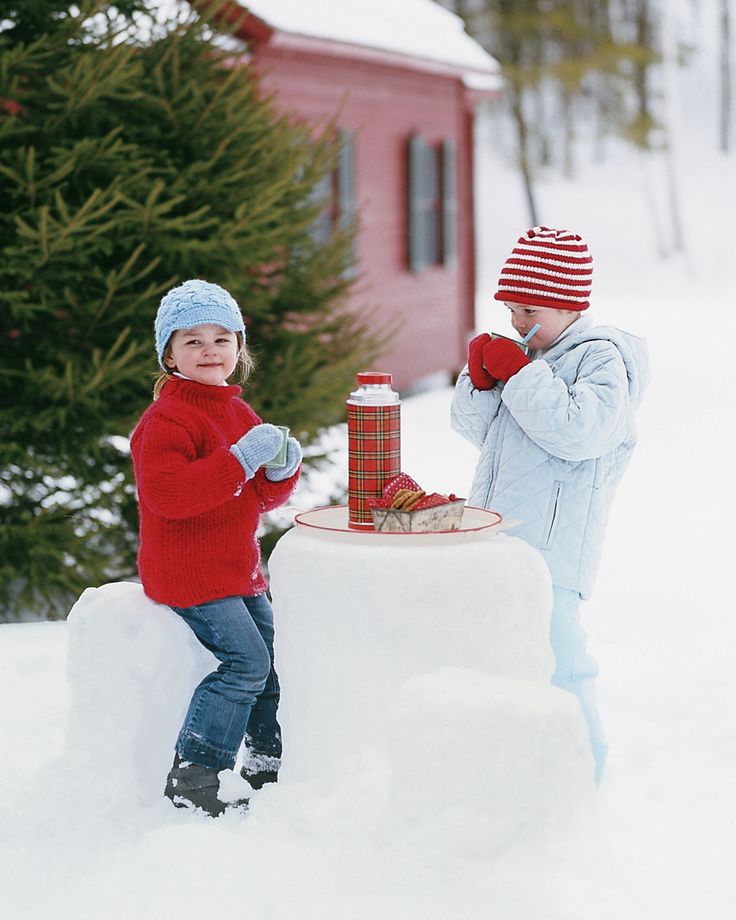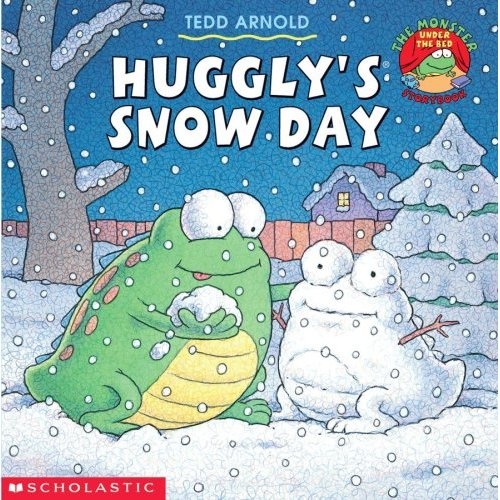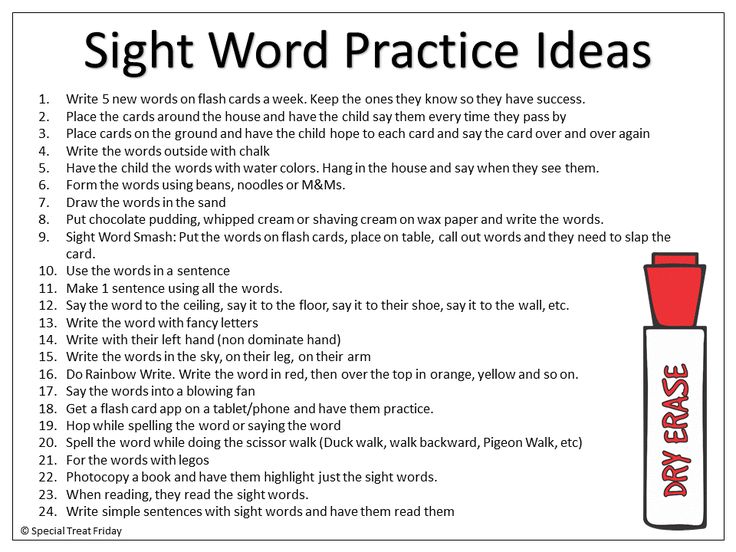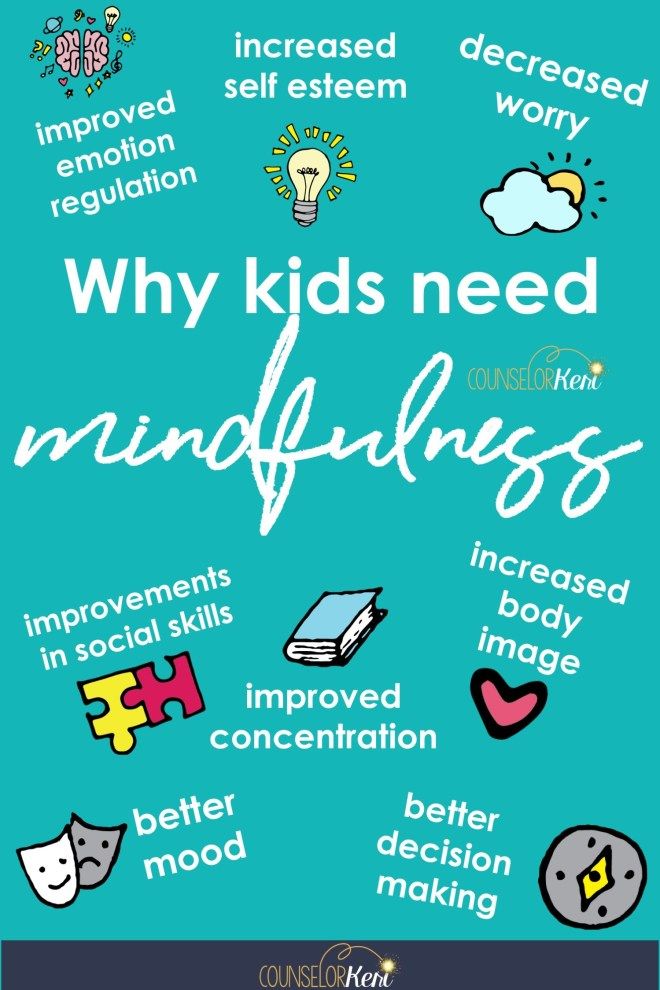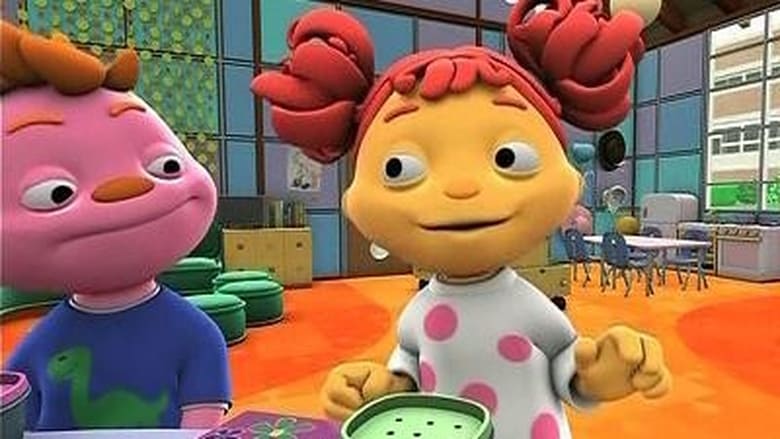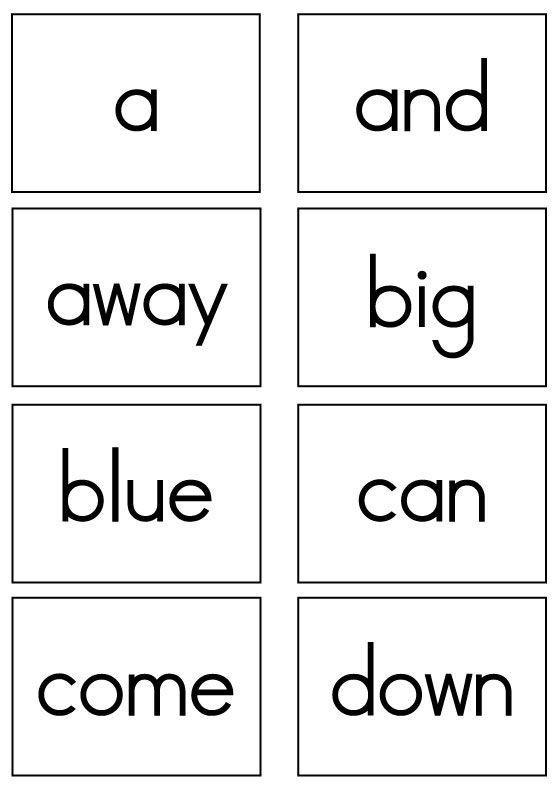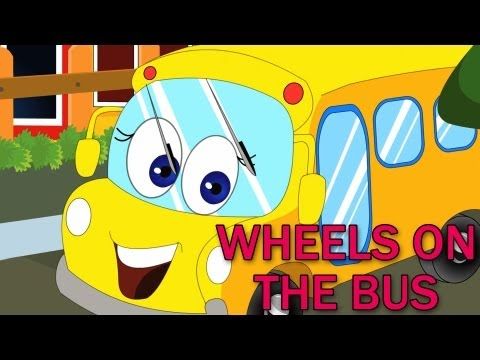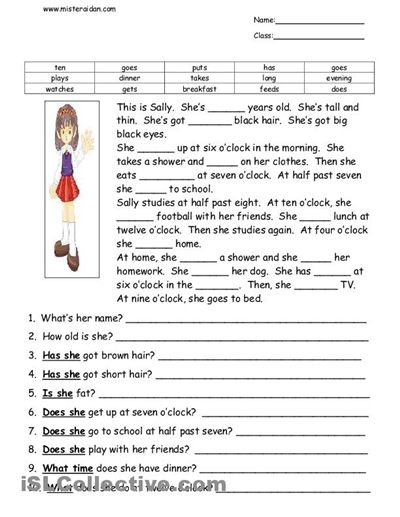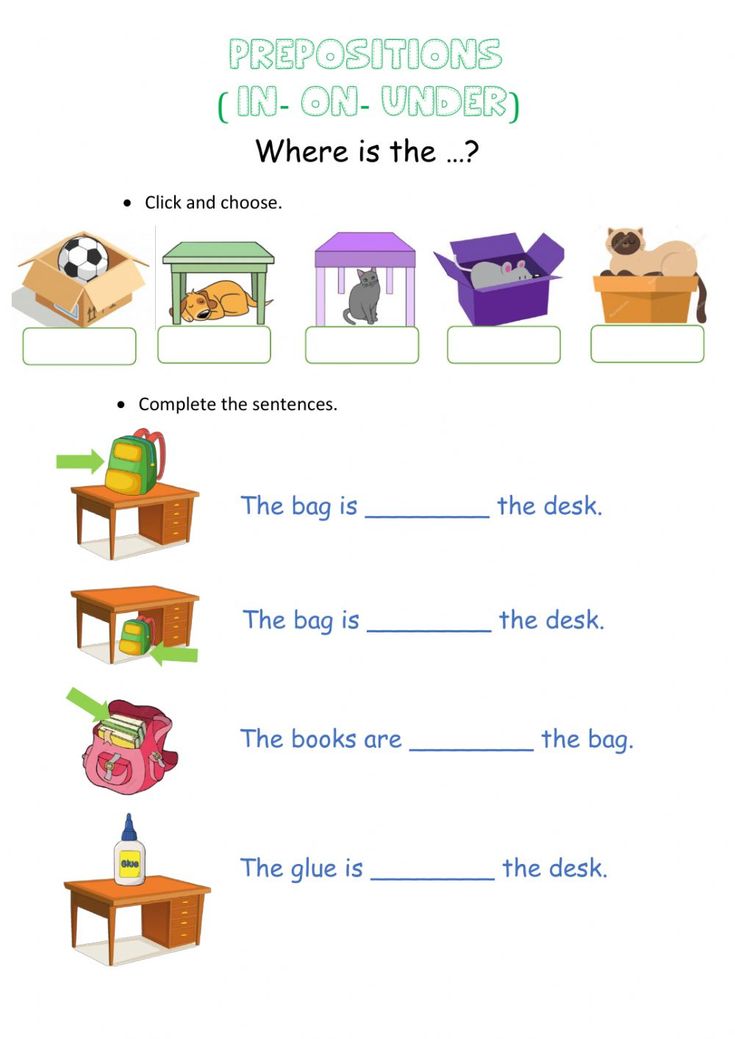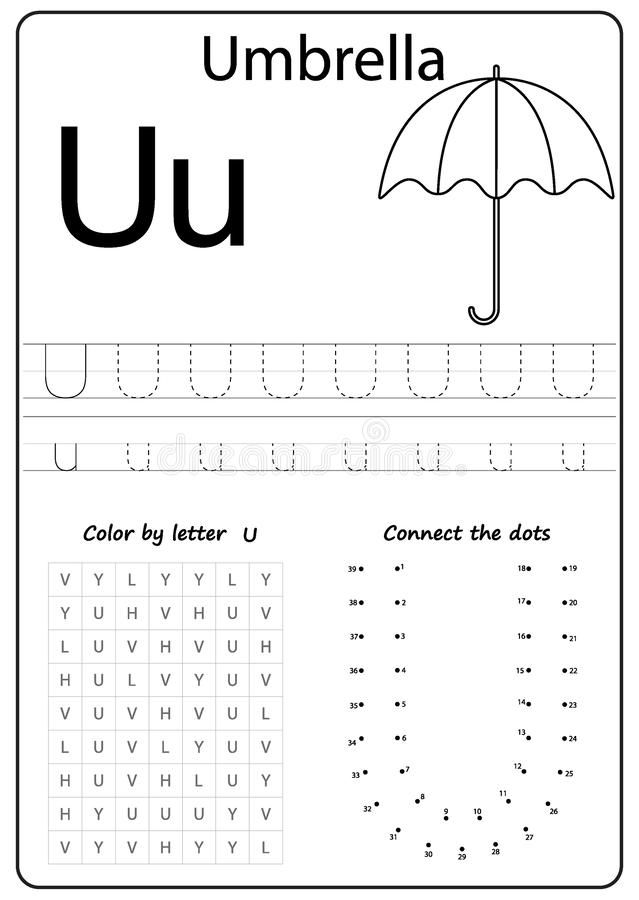Vocabulary games for first grade
9 Classroom Vocabulary Games to Use with Your Students
Vocabulary is an important part of every subject; there are always words that students need to learn in order to better understand the concepts being taught. Unfortunately, many students struggle to remember what unfamiliar vocabulary words mean, or feel intimidated by the idea of simply memorizing definitions. No matter your subject material, you can help students learn difficult vocabulary using these 9 classroom vocabulary games!
1. Synonyms
Associating a vocabulary word with its synonyms is a great way to form lasting connections between the word and its definition. Here’s an exercise you can try with your students:
- Break the class into 2 groups.
- Assign each group half of the vocabulary words.
- Have students use a dictionary, thesaurus, or the Internet to discover synonyms for each vocabulary word.
- Then, have the groups take turns reading the list of synonyms to the other group.
- See if the groups can figure out what the word is based on its synonyms.
2. Checkers
Recycle this familiar board game into a memorization exercise:
- Group students into pairs.
- Give each set of students a copy of this printable checkerboard:
- Students should write a vocabulary word in white space available in each square.
- As students play through a game of checkers, ask them to provide the correct definition of the word in the square they want to move their piece to.
- Another option could also be having the student use the vocabulary word in a sentence.
- If the student correctly defines the word or uses is in context, they get to claim that square.
3. Vocabulary Bingo
A similar idea to the checkers game, you can have students create their own Bingo card, with a vocabulary word in each space:
- Once the cards are assembled, read the definition of each word.
- Students should be able to determine what word you defined and put a counter on that square.
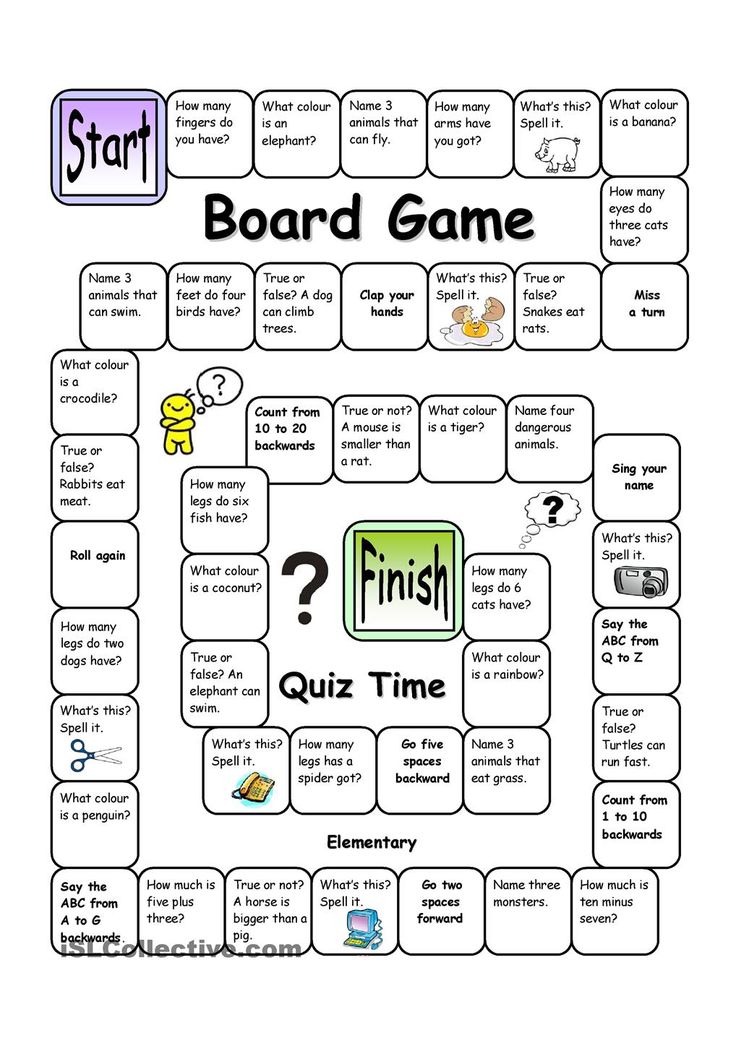
- Have students say “Bingo” when they get 5 words in a row.
- As an extra incentive, provide a prize for winners. It could be a free homework pass, candy, or small toy!
4. Pictionary
A great way to get the whole class involved is by playing Pictionary:
- Split the class into 2 teams.
- Have one student from each team come to the board.
- Assign them one vocabulary word to draw.
- The students’ teams should try to guess what vocabulary word is being drawn, within a certain time limit—whichever team guesses correctly first gets a point.
- Repeat with different members of each team coming to board until all the vocabulary words have been drawn, then tally the points, and declare a winning team!
5. Charades
Charades is set up similarly to Pictionary. However, instead of drawing, students act out the vocabulary word. If you have timid students, consider assigning 2 people to act out the words at a time, or breaking the class into smaller groups.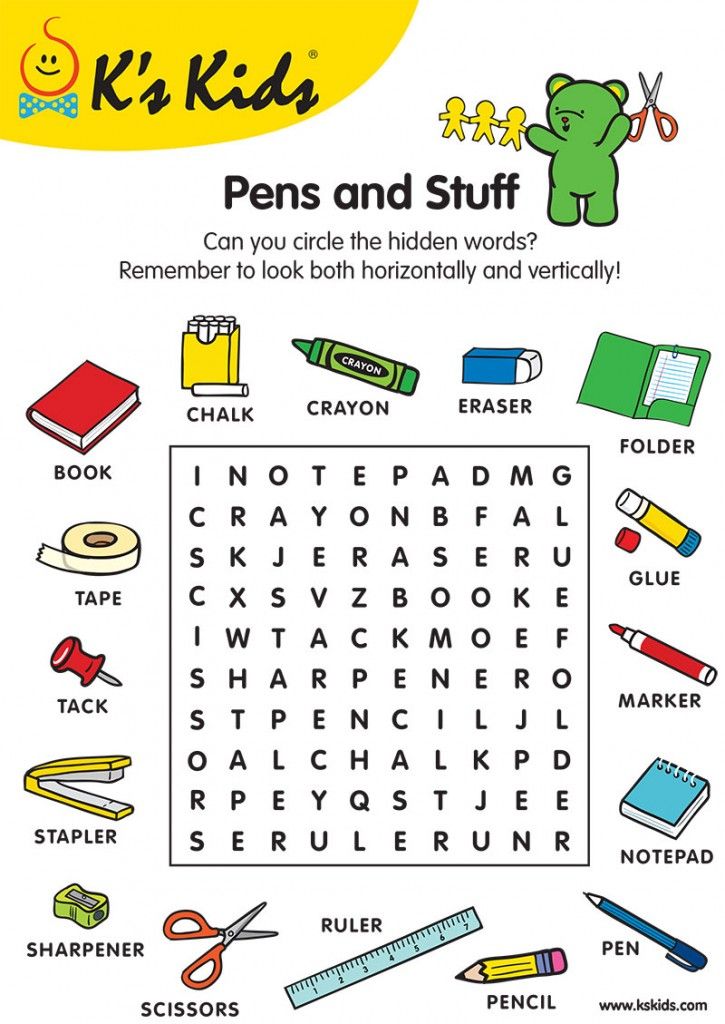
6. Circle Rotations
To get everyone up and moving, try a circle rotation exercise:
- Split the class in half, and have them form two concentric circles in the room, facing each other.
- Hand out flashcards to each student with a vocabulary word on one side and its definition on the other.
- Students in the inner circle can test the students in the outside circle and vice versa.
- Have the students in the outside circle rotate one person to their left each time until everyone has seen each word.
7. Trashcan Basketball
Another physically engaging group activity is trashcan basketball:
- Divide the class into 2 or 4 teams.
- Have each team take turns answering a vocabulary question.
- If they can answer correctly, the team gets 1 point.
- Then, give that team a ball (a crumpled up piece of paper will do).
- If the team can make a basket into the trashcan, reward the team an extra point.
- Repeat until all vocabulary words have been tested!
8.
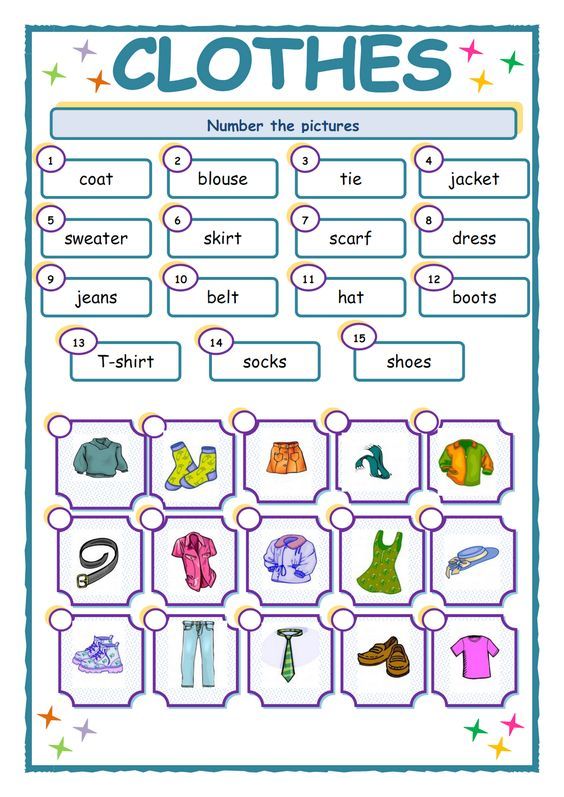 Newspaper Search
Newspaper SearchFor a quieter activity for individuals or smaller groups, try having students look for pictures or articles in newspapers or magazines that relate to each vocabulary word. Give your students a set amount of time to complete the assignment then have them present their findings in groups or to the class.
9. Flyswatter Game
- Write each vocabulary word on the board.
- Divide the class into 2 teams.
- Have one student from each team come to the board holding a flyswatter.
- Read the definition of a vocabulary word.
- Students should race to see who can locate the correct word on the board the fastest.
- When they find it, they should hit the word on the board with the flyswatter.
- Play until everyone in the class has had at least one turn!
Classroom vocabulary games are some of the many fun teaching games out there and a great way to motivate students to study the words. It also helps them review the definitions.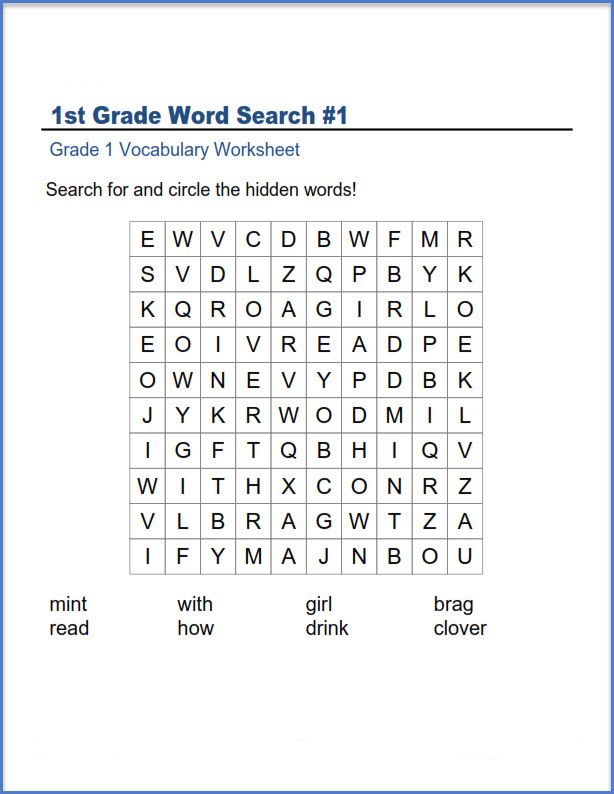 Most of these games don’t require a lot of preparation to play, so you can play them whenever you have extra time that you need to fill or just need a fun activity!
Most of these games don’t require a lot of preparation to play, so you can play them whenever you have extra time that you need to fill or just need a fun activity!
Vocabulary: Activities for Your First Grader
Talking to and reading with your kindergartner are two terrific ways to help them hear and read new words. Conversations and questions about interesting words are easy, non-threatening ways to get new words into everyday talk.
Even very young children love to hear and learn new words! Help your child expand their word bank and knowledge of the world by using interesting and vivid words instead of simpler language in your everyday conversations.
Reading aloud exposes your child to lots of vivid language that is not found in books for beginning readers. When you come upon a new and interesting word, take the time to stop and ask your child what they think that word might mean in the context of the story. Then offer a kid-friendly definition of the word and connect it to a similar word and a shared experience.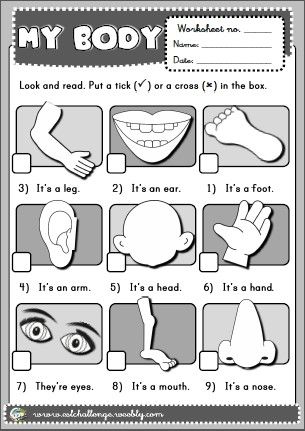
Word learning and vocabulary growth takes time and patience. Don't expect your child to learn a new word after one conversation or one read aloud. True word learning happens after being exposed to words several times. We all learn about words throughout our lifetime. You're getting your child off to a great start by developing an early interest in words.
Vocabulary in first grade
Try these vocabulary activities at home
Read aloud every day
Reading aloud to your child and having your child read books on their own is the best way to increase their vocabulary. Books provide words they won’t encounter in everyday conversations as the language of books is more complete and formal than talking. A great story also provides context and illustrations for learning a new word.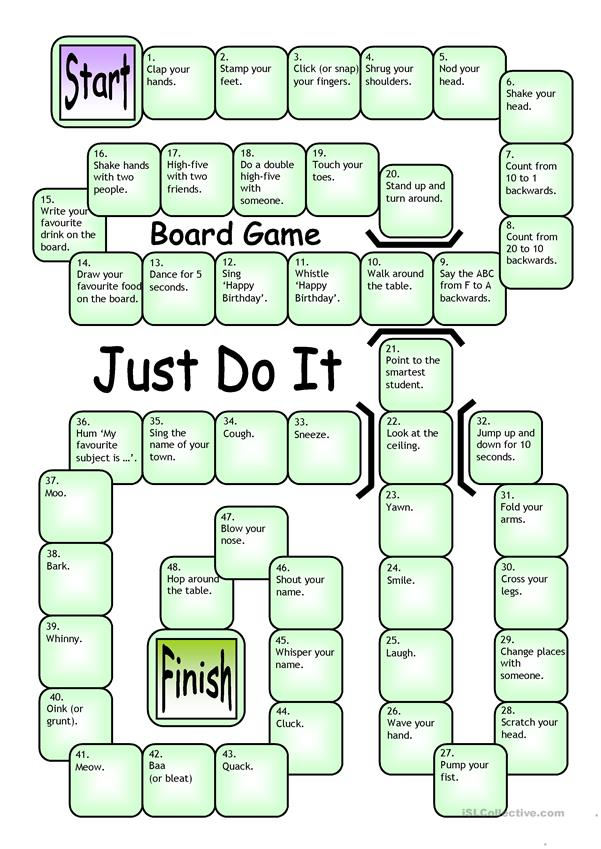
Bring in the nonfiction
Nonfiction and informational books (such as the DK Eyewitness series) offer young children a treasure chest of new and interesting words about our world. If the book has a glossary, spend some time discussing the words with your child, and as you read aloud stop as often as needed to think about new words and how they connect to what your child already knows about. Learn more in this article, The Vocabulary of Science.
Talk about new words during read alouds
Talking to and reading with your child are two terrific ways to help them hear and read new words. Conversations and questions about interesting words are easy ways to get new words into everyday talk. "The book says, 'The boy tumbled down the hill,' and look at the picture! How do you think he went down the hill?"
Sharing a new word with your child doesn't have to take a long time: just a few minutes to talk about the word and then focus back on the book or conversation. Choose which words to talk about carefully — choosing every new word might make reading seem like a chore.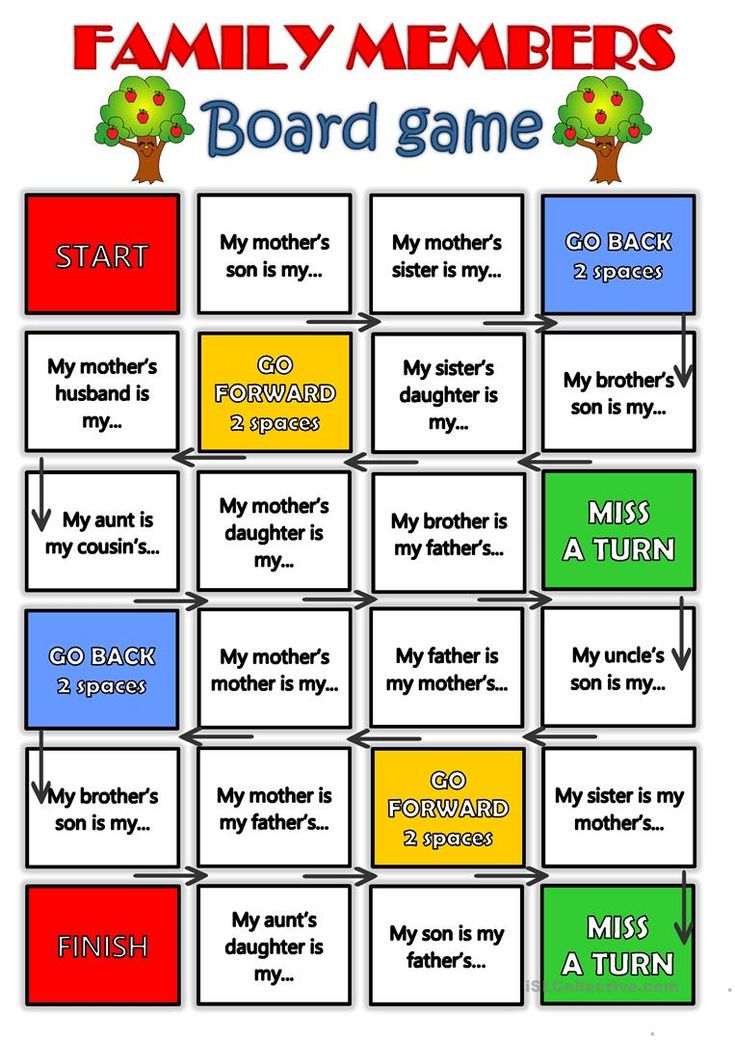 The best words to explore are ones that are less common to see in the books your child might read. When introducing new words to your young learner, keep the following four helpful hints in mind:
The best words to explore are ones that are less common to see in the books your child might read. When introducing new words to your young learner, keep the following four helpful hints in mind:
- Provide a simple, kid-friendly definition for the new word: Enormous means that something is really, really big.
- Offer a simple, kid-friendly example that makes sense within their daily life: Remember that really big watermelon we got at the grocery store? That was an enormous watermelon!
- Encourage your child to develop their own example: What enormous thing can you think of? Can you think of something really big that you saw today? That's right! The bulldozer near the park was enormous! Those tires were huge.
- Keep your new words active within your house. Over the next few days and weeks, take advantage of opportunities to use each new vocabulary word in conversation.
 Kids often need to hear a new word in context ten times or more before they "know" that word.
Kids often need to hear a new word in context ten times or more before they "know" that word.
How do I help my child learn new words while we read aloud?
Literacy expert Sandra Wilborn suggests that parents pause during the read aloud to elaborate on a new word by giving a simple definition, connecting the word to something your child knows, and using it in a sentence. Reinforce the learning by using that new word at home in the weeks ahead. (From our video series Reading SOS: Expert Answers to Family Questions About Reading.)
Give them great words
Children's author Jane Yolen (Owl Moon, How Do Dinosaurs Say Goodnight?) delights in using rich language in her picture books. In this clip from our video interview with Yolen, she says she often has to fight to keep good words — that really stretch vocabulary learning — in her picture books.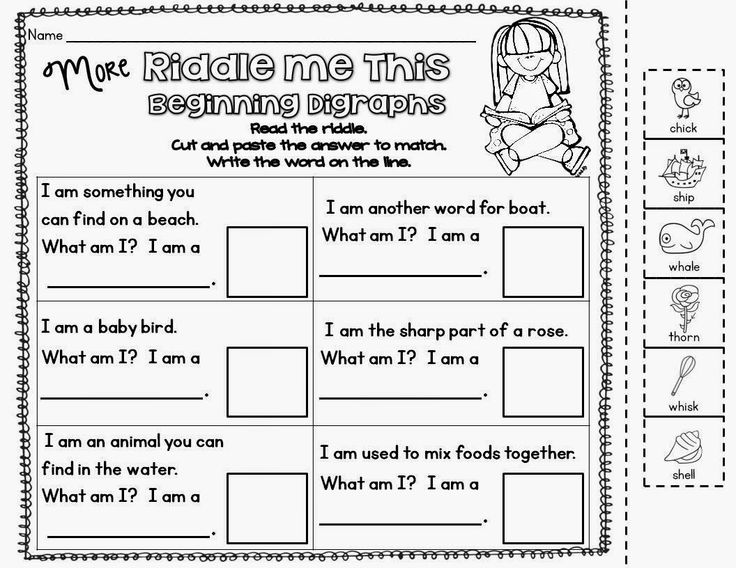
Grocery store vocabulary
The produce section is a great place to hear new interesting words. Words like rhubarb, asparagus, artichoke, and kiwi are fun to say, and fun to eat. As you introduce each one, use descriptive words to help your child learn. "A kiwi has a fuzzy outside, but the inside is bright green with black seeds!"
Start at the root
Begin with a simple root word, such as push. Ask your child to come up with words they know that contain that word, such as pushing, pushed, pushover, push-up. Talk about how all these words have some shared meaning related to the word push.
Consider the prefix
Numeric prefixes like bi- and tri- are a part of many words kids know and use. Discuss words like tricycle, tricep, triangle. All these words share the prefix tri-, which means three.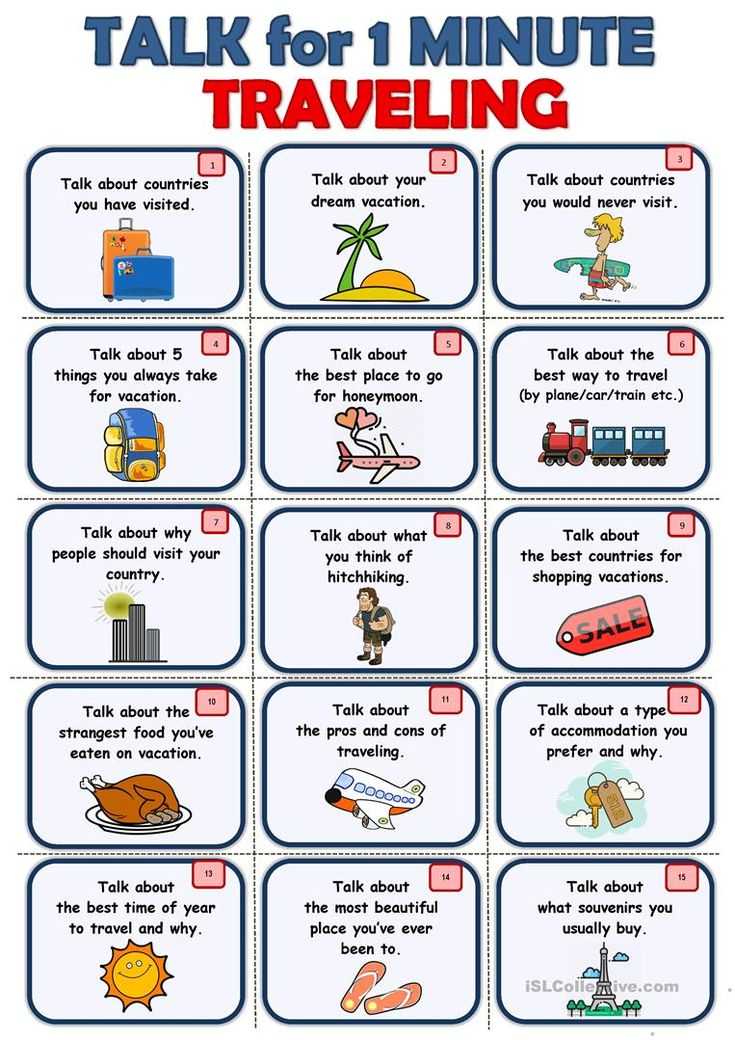 Can they develop a list of words that begin with the prefix bi- (like bicycle and binoculars)? This gives you a great chance to introduce new words, like bicentennial, bicep, and biped. You can generate similar word lists with the numeric prefixes uni, octo, and cent.
Can they develop a list of words that begin with the prefix bi- (like bicycle and binoculars)? This gives you a great chance to introduce new words, like bicentennial, bicep, and biped. You can generate similar word lists with the numeric prefixes uni, octo, and cent.
Word connections
Try this activity from the Florida Center for Reading Research (FCRR). The FCRR "At Home" series was developed especially for families! Watch the video and then download the activity: Word Connections. See all FCRR vocabulary activities here.
Homonym fun
Homonyms — words that sound the same but have different meanings — provide a great opportunity for word fun. Say a word out loud, and see if your child can generate more than one meaning for the word. For example:
bark: the sound a dog makes
bark: the covering on a treering: jewelry you wear on your finger
ring: the sound a doorbell makes
Explore your world
Visits to a museum, the zoo, the botanical garden, historical sites, and even your neighborhood park are terrific opportunities to introduce your child to new words.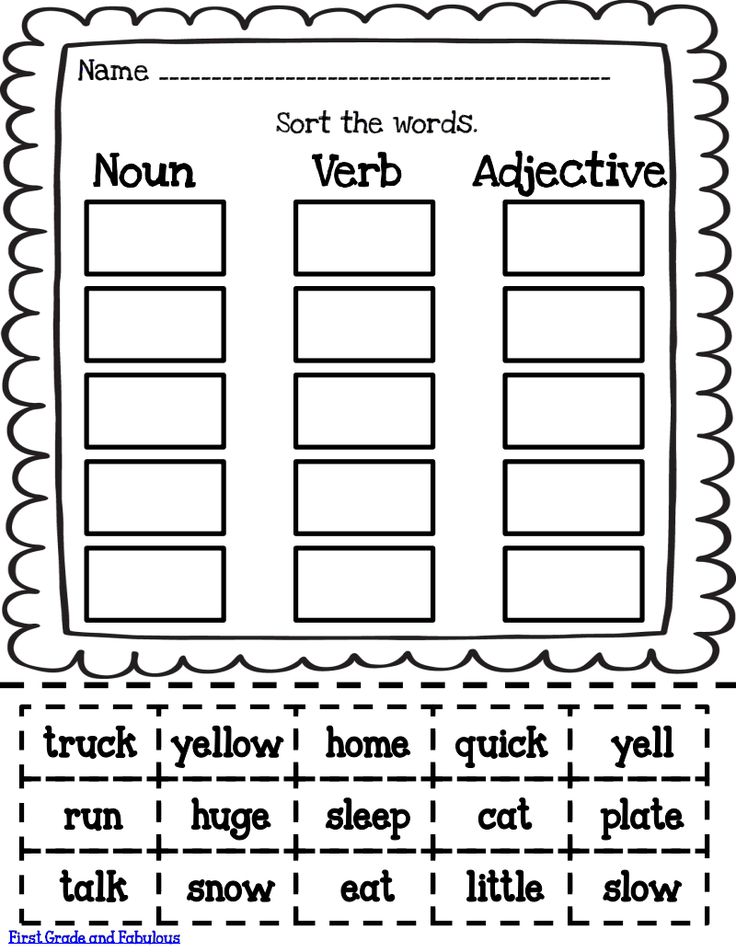 Spend some time looking at the signage and identifying new words, then connecting them to what you see right there.
Spend some time looking at the signage and identifying new words, then connecting them to what you see right there.
"What’s another word for ..."
This game helps your child learn there’s more than one word for everyday things. For example, look around you and say, "what's another word for couch?" (sofa, ottoman). Or, "what's another word for cup?" (glass, mug) .You can extend the game by talking about how two things are similar but not exactly alike (glass, mug). That helps your child learn about the subtle differences in related words.
Understanding vocabulary: why it’s critical to your child’s reading
This video is from Home Reading Helper, a resource for parents to elevate children’s reading at home provided by Read Charlotte. Find more video, parent activities, printables, and other resources at Home Reading Helper.
More vocabulary resources
Vocabulary apps
Reviews provided by Common Sense Media.
Word games for elementary school - NAUMENOK
Russian languageTags: Grade 1, Grade 2, Grade 3, Attention, LiteracyOlga Naumova21.01.2019Now there are quite a lot of word games for children. But today I want to share with you an interesting and rather multifaceted, in my opinion, game. The game is suitable for both preschoolers and younger students. It all depends on what task the child will perform. This game can be used for:
- reading and writing skills; nine0006
- speech development;
- skills of syllabic sound-letter analysis and synthesis;
- attention;
- logic;
- memory;
- thinking;
- development of spelling vigilance;
- consolidation of generalizing concepts.
.
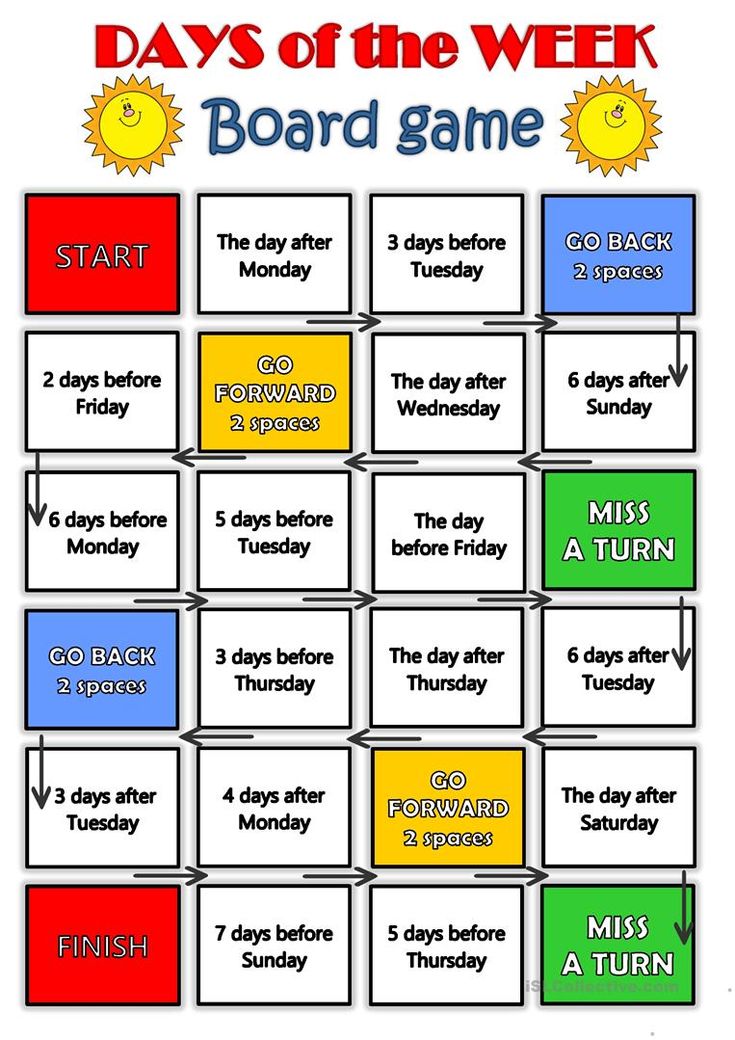 nine0006
nine0006 For example: cedar, linden, mountain ash, alder - trees.
Next, you can come up with a variety of tasks. The difficulty of the task will vary depending on the age of the child and the goals to be achieved. I will analyze the tasks that can be performed by younger students in the lessons of literacy, reading and the Russian language.
Syllables
- Underline or paint over with a marker words with a certain number of syllables;
- Find words in which, for example, there are more than one syllable;
- Write in a notebook the words that cannot be transferred;
- Find all trisyllabic words;
- Break words into groups depending on the number of syllables, etc.
Letters and sounds
- Find words starting with a certain letter;
- Compose a sound-letter scheme of the word;
- Find words with consonants;
- Underline the words in which the number of letters is equal to the number of sounds; nine0006
- Find words with more letters than sounds;
- Write in a notebook the words in which there are more sounds than letters, etc.
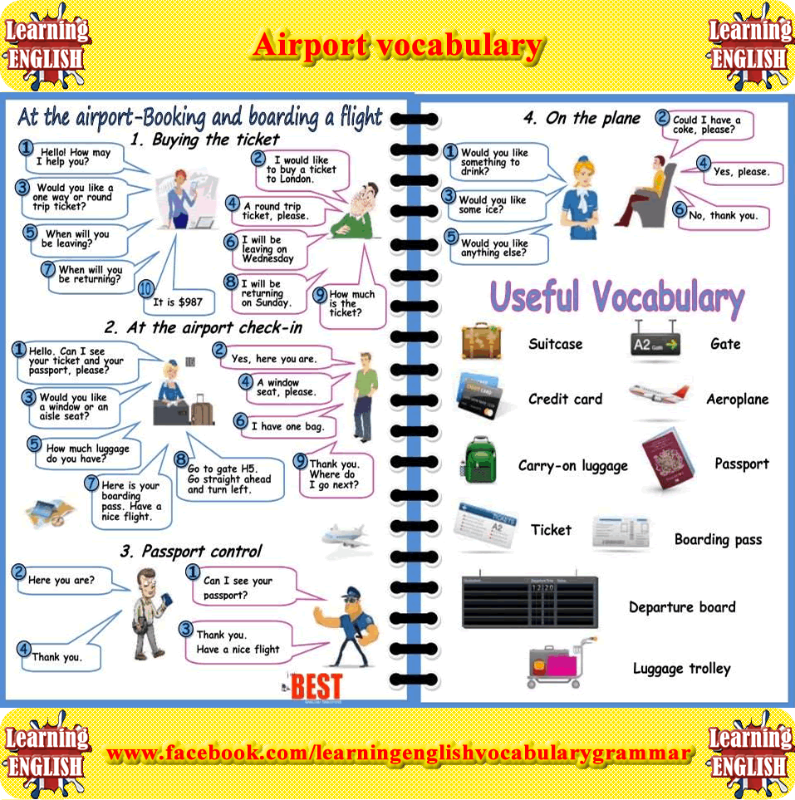
Stress
- Stress the words on the card;
- Underline the words in which the stress falls on the first (second, third) syllable;
- Divide words into three groups according to stress;
- Write in a notebook words in which the stress falls on the first (second, third) syllable, etc. nine0006
Russian language
- Make their phonetic, morphological or morphemic analysis, etc.
- Reject a certain word;
- Write down the words of the first (second or third) declension;
- Divide words into groups according to declension;
- Write or name the words of the feminine, masculine, neuter gender;
- Divide words into groups according to gender;
- Write out words with a certain spelling; nine0006
- Find vocabulary words, etc.
Development of speech
- Make a sentence with certain words;
- Make sentences with homogeneous members using the words written on the card;
- Find rhyming words;
- Make up a short fairy tale or story with these words;
- Write at least five questions using the given words;
- Encrypt the words in the form of a rebus;
- Make riddles using these words; nine0006
- Choose one item and write a description text;
- Compose a syncwine with a certain word;
- Choose as many epithets as possible for the word;
- Pick up proverbs and sayings with these words, etc.
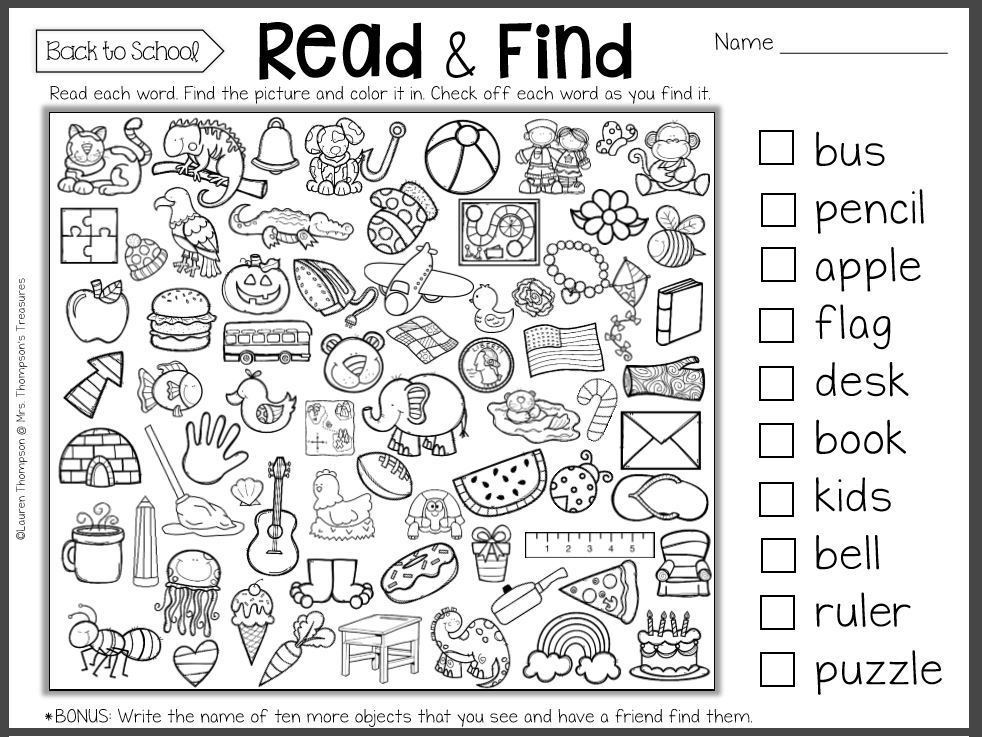
Attention and memory
- Ask the child to read the words on the card for several minutes and then name them.
- Write down the words that you memorized in a notebook (spelling vigilance and visual memory are still developing here)
Cards for the game
By playing this game using these techniques, your child will definitely advance in his development and will become better at learning. Tasks can come up with more and more. I would be glad if you share your thoughts in the comments. Thank you for sharing this article on social networks!
Tags: Grade 1, Grade 2, Grade 3, Attention, Literacy7 word games suitable for children of all ages
When there is no energy left for active games that require careful preparation, word games come to the rescue. We've put together a selection of seven cool games that all you need to do is be in the company of more than two people and be in a good mood! You can also play them via video link.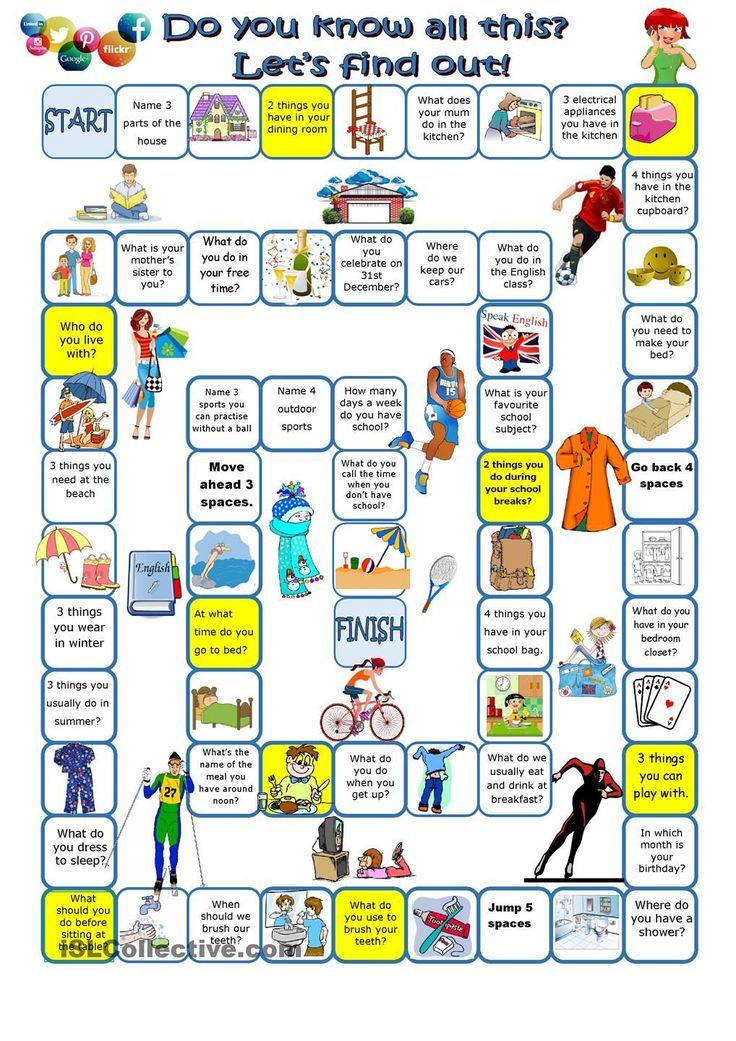
1. "Guess the word!"
Number of players: from 2 people
Very simple and funny game. Headphones are put on one player, in which music plays loudly so that he does not hear anything. His task is to guess the word by the lips when another player says it. If several people are involved, then you can explain the word in turn or split into pairs. nine0003
2. "I will never..."
Number of players: from 2 people
Today this game has many variations. We offer the most common version. Participants take turns to name some action that they have never done. For example, player A says, "I've never been late for class." Everyone who was late for them bends one finger. The game continues until one of the participants has all their fingers bent. According to the main version of the game, the person who was the first to bend all the fingers lost, but lived the most eventful life! nine0003
By the way, you can also play in English if you want a different level of difficulty.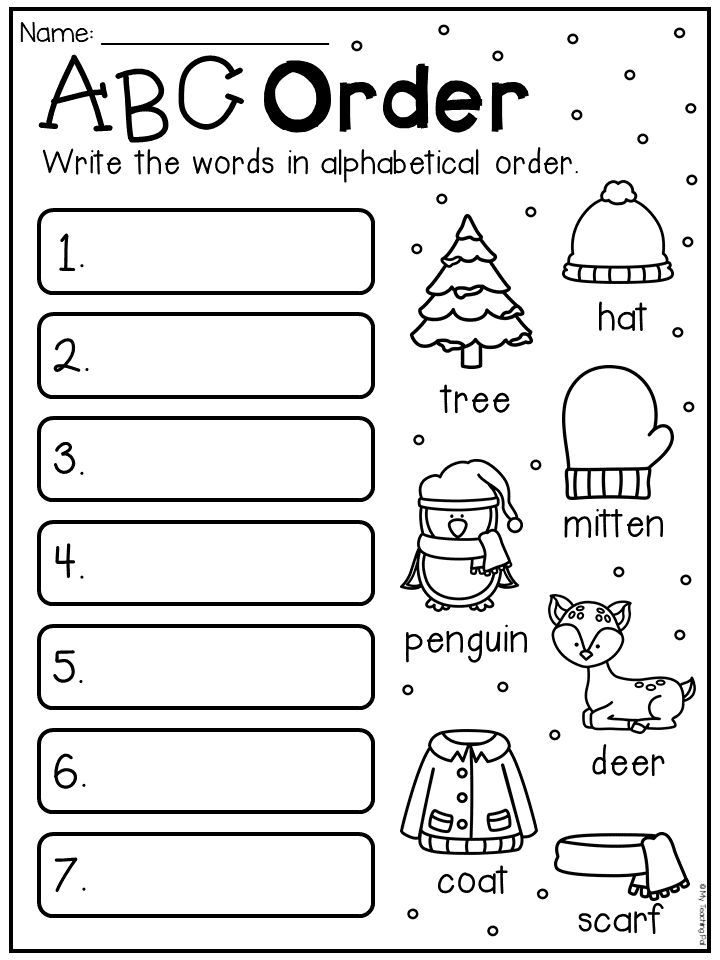
3. "Thematic words"
Number of players: from 2 people
The rules of the game are extremely simple. You and other participants need to come up with a topic on which you will name the words. For example, "school". Then all participants in a circle should name nouns that relate to the main topic. If one of the participants thinks for more than five seconds or repeats an already spoken word, he is eliminated. The last one left wins. When the circle is over, you can start a new one on a different topic until one of the participants wins, for example, three times. nine0003
4. "P"
Number of players: from 3 people
First, all players need to agree on which words will be used throughout the game: only nouns, or names, verbs and phrases can be used. Then one player guesses a word in the ear of the other. He must explain it to another participant in the game, using only words that begin with the letter "p" to describe it.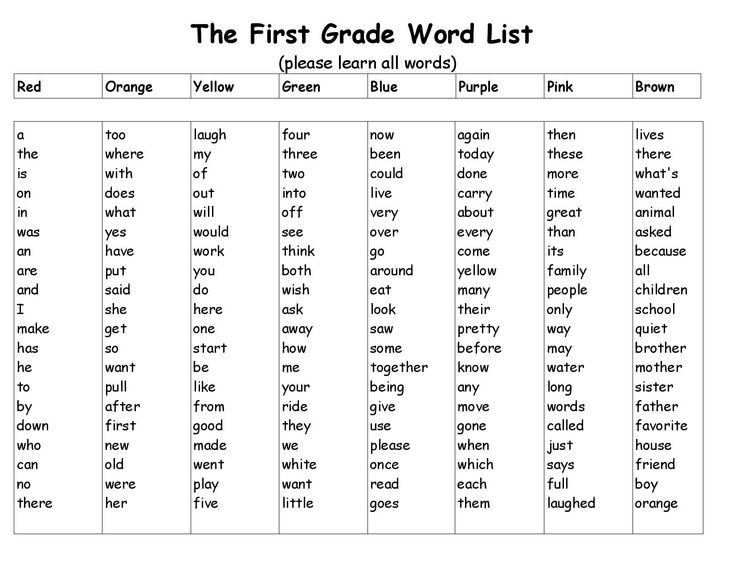 For example: “Please look, think, the postman brings mail ...” The task of all players is to name the hidden word. When it is named, the explainer comes up with a new one for the guesser. nine0003
For example: “Please look, think, the postman brings mail ...” The task of all players is to name the hidden word. When it is named, the explainer comes up with a new one for the guesser. nine0003
If this version of the game is already fed up, we suggest guessing not only a word, but also a letter with which the player needs to explain the word.
By the way, the explainer also needs to express agreement or disagreement with the train of thought of the players who guess, only in words beginning with the chosen letter. For example, "right" and "think better."
5. "I'm taking with me on a hike ..."
Number of players: from 3 people
At the beginning of the game, you need to choose a leader. This person must come up with a principle by which he will take others with him on a campaign. For example, those who name objects with a specific letter, or those whose words consist of five letters. nine0003
Next, the players take turns saying the phrase "I'm taking with me on a hike .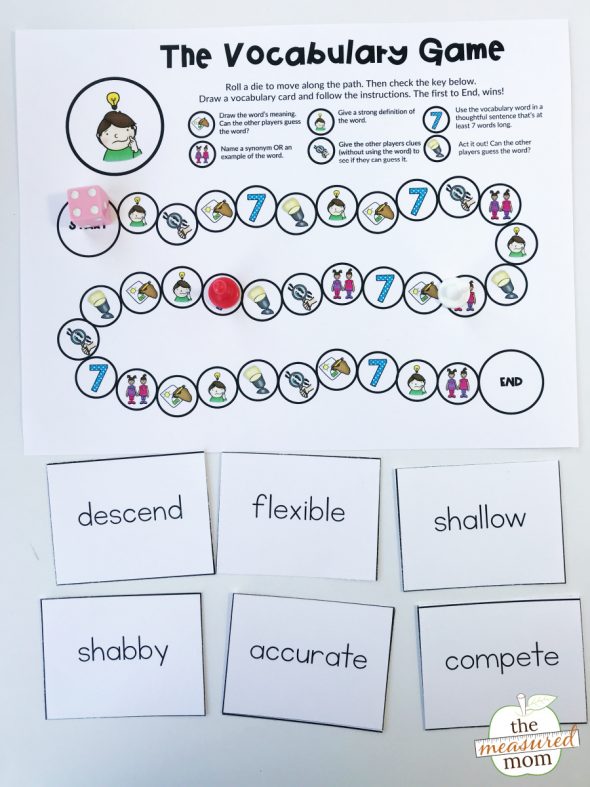 .." and naming the object. If he fits the conceived principle, then the leader answers: "Yes, and you are going on a hike with me." If the word does not fit: "No, you are not going camping with me."
.." and naming the object. If he fits the conceived principle, then the leader answers: "Yes, and you are going on a hike with me." If the word does not fit: "No, you are not going camping with me."
The task of all players is to guess the principle by which the leader selects people. If one of the participants guesses, he should quietly express his guess in the ear of the presenter or write on the phone. The game continues until everyone has guessed the principle. nine0003
6. Alibi
Number of players: from 4 people
At the beginning of the game, you need to choose two people who will play the role of criminals. They must isolate themselves from the rest in another room and think through to the smallest detail what they did together on the day they robbed the bank: what the weather was like, what they were wearing, who they met on the street, the whole sequence of actions. The main goal of criminals is to come up with the perfect alibi.
While they are doing this, the other players turn into detectives. They need to come up with 10-15 questions that they will ask the criminals in order to bring them to clean water and solve the crime. nine0003
They need to come up with 10-15 questions that they will ask the criminals in order to bring them to clean water and solve the crime. nine0003
When both teams are ready, the first criminal enters the room and begins to tell what he did on the day of the crime, from morning to evening. It is important that the second criminal at this moment remains in another room and does not hear the speech of the first. When the first one finishes speaking, the detectives ask him prepared questions and memorize the answers. After that, the second criminal enters the room, tells his story and also answers questions.
The team of detectives wins the game if they find three inconsistencies in the criminals' story. For example, one said that they were traveling in the morning by bus, and the other by car. If no disagreement is found, then the team of criminals wins. The number of questions and inconsistencies may change at the request of the participants. nine0003
7. "Contact"
Number of players: from 4 people
At the beginning of the game, a leader is chosen.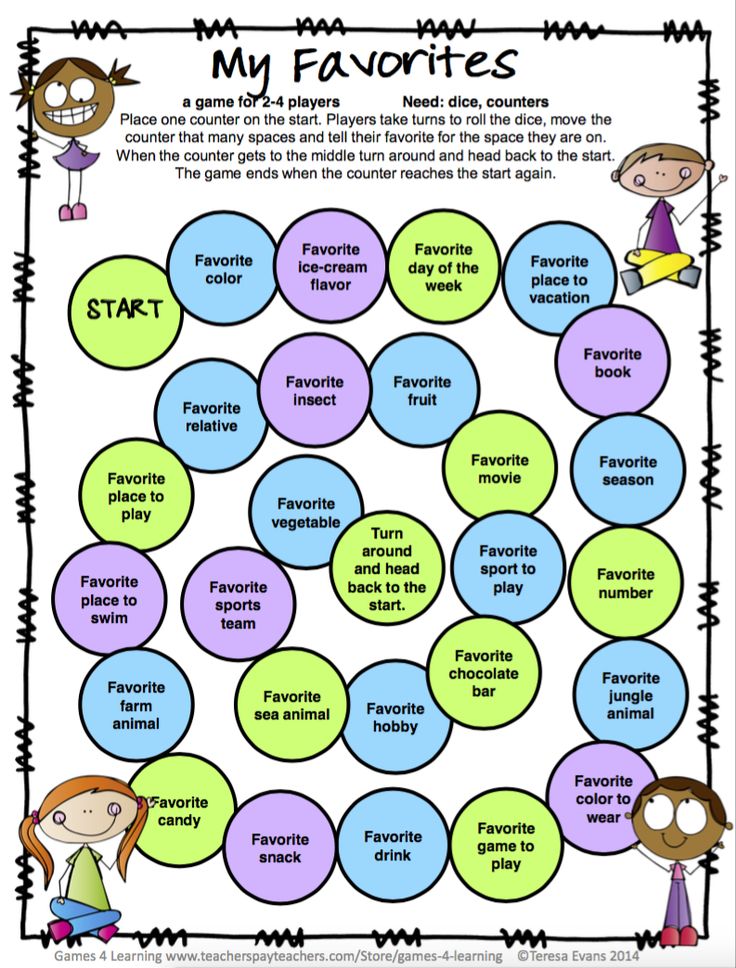 He thinks of a word - a noun in the singular. And calls the other participant the first letter. For example, "a".
He thinks of a word - a noun in the singular. And calls the other participant the first letter. For example, "a".
Next, any player from the team who has come up with a word for this letter must begin to explain it to his teammates. It is necessary that they guess, but not the host. For example, Sasha says: "This is such a sweet large red fruit that everyone eats in the summer." If one of the players guessed what it was about, he should say: "There is a contact." After that, they together count aloud from one to five. If the word matches, the leader calls the next letter. For example, in". Players must now come up with words based on the beginning with "av". If the words of the players did not match or the leader managed to name the word while two players counted to five, then the participants continue to play with one letter. nine0003
Explain with an example. The host announces that his word begins with the letter "a". Sasha comes up with any word and says: “Guys, this is such a public transport .

